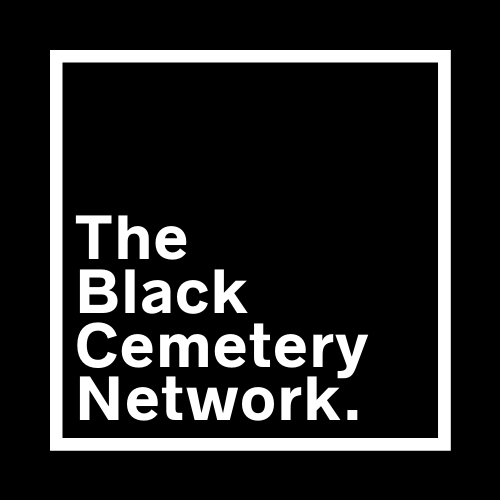SITE DIRECTORY
To learn more about any of the BCN sites listed below, click “Read more” to view individual site briefs. To search for a specific BCN site, use the search bar below:
Midland Cemetery (Swatara Township)
MIDLAND CEMETERY
FOUNDED: 1870's
ADDITONAL NAMES: Friends of Midland
AFFILIATION(S):
Pa Hallowed Grounds
HISTORY:
The history of Midland Cemetery is a simple one. The burial site was started circa 1795 for the purpose of burying those who were working on or near the old farm which later became known as the Kelker Farm in the 1800’s. Midland did not actually get its legal name until around 1877. Midland Cemetery holds the remains of those who once were in servitude bondage either from another state or Pennsylvania and became free. Reading of the various headstones and in research we have noted veterans interred in these hallowed grounds are the United States Colored Troops, which were the Black men who volunteered to serve during the Civil War, the Buffalo Soldiers, who fought in and open up the West (Champaign). Headstones show soldiers of World War I and II, followed by the Korean War.
Aside from the various military men and possibly a few women (still researching), there are also the many leaders of the community. Ministers of churches which are still functioning in the Steelton, Harrisburg and Swatara Township area such as Monumental AME, Mt Zion Baptist, Goodwin Memorial, Beulah Baptist and the First Baptist Church to name a few. They are buried alongside of their deacons and deaconess and many of their church members.
Throughout the cemetery you will find family plots with and without headstones or markers. Over the years of restoration and reclaiming the cemetery we have found numerous amounts of babies, young children and teenagers. Some of the youth attended the “School for Colored Children” known as the Hygienic School, which was part of the Steelton School system.
Midland has wrapped its arms around the Black doctors, mothers and fathers, brothers, sisters and even the known abolitionist. Midland also has a Negro league baseball player, a writer and publisher of a local newspaper who was also Steelton’s first Black Councilman in the late 1800’s. It holds the remains of persons from our area that seemed to be ahead of the times.
BCN Contact Information:
Friends of Midland
mscmtyldy@aol.com
Lincoln Cemetery---Harrisburg
LINCOLN CEMETERY — HARRISBURG
FOUNDED: 1877
ADDITONAL NAMES: Wesleyan AME Church Cemetery, Harris Free Cemetery, African Burial Grounds
AFFILIATION(S):
Friends of Lebanon Cemetery
HISTORY:
Lincoln Cemetery is Harrisburg’s oldest surviving Black Cemetery. The ground was consecrated, outside of the city limits, in November of 1877 on a plot of land that lies on the border of what is now the Town of Penbrook and Susquehanna Township in Dauphin County, Pennsylvania.
Although the first burial at Lincoln Cemetery did not occur until 1877, most of the Black People who died in Harrisburg, since the 1700s are also buried here. They had to be disinterred from the earlier Black Cemeteries, located within city limits, when it became illegal to bury Black People within them.
Lincoln Cemetery is the final resting place of over 90 Black Civil War Veterans (and counting), and hundreds of veterans of later wars. Almost all of Harrisburg's early black leaders are buried in Lincoln Cemetery. Including former slaves, leaders in the Underground Railroad, politicians, doctors, lawyers, the first Black Superintendent of schools, journalists, musicians, college professors, countless reverends, entrepreneurs, firefighters, schoolteachers, policemen, civil rights activists, and founding members of our Nation’s most prominent Black Fraternal Orders.
Lincoln Cemetery is clearly a significant cultural heritage resource for the region. But Harrisburg's unique geographical position, also made it a transportation hub, a crossroads and waypoint for Americans migrating North, South, and West during the 1800s. So, Lincoln Cemetery is also Nationally significant---A source of unexplored and untapped stories and data about the Black Family, social networks and community in the 18th-20th centuries, it is an untapped well in an individual's quest to break the 1870 brick wall and has the ability to galvanize all people to a deeper understanding of the importance and significant role Black People had in the building of our nation.
BCN Contact Information:
SOAL: Saving Our Ancestors' Legacy
soal@lincolncemetery.org



